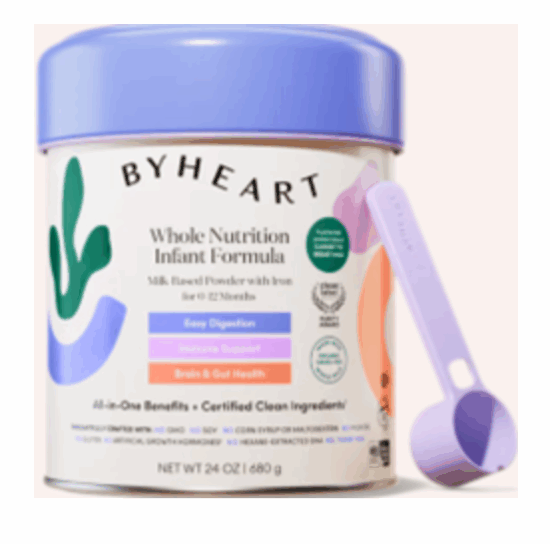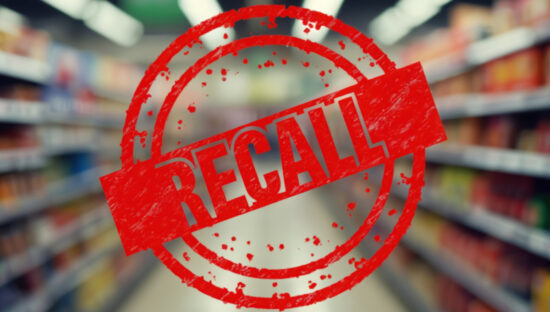An outbreak of botulism poisoning among infants who were fed ByHeart formula has increased to 15 babies across 12 states.
An official with the California Department of Public Health confirmed the new numbers to the Associated Press.
On Saturday the Food and Drug Administration announced the outbreak. At that time there were 13 infants across 10 states with botulism poisoning. All of them had been fed ByHeart formula and all 15 babies now known to have botulism poisoning have been hospitalized, according to the Centers for Disease Control and Prevention.
The company has recalled two lots of the formula: 206VABP/251261P2 and 206VABP/251131P2, with best-by dates of December 2026.
There is concern that consumers may have the recalled formula in their homes because of its long shelf life. Public health officials are urging consumers to check their homes for the recalled lots and immediately stop using it.
Typical signs and symptoms of Infant botulism often begin with, constipation, difficulty feeding (sucking and swallowing), poor head control, a weak and altered cry, diminished facial expression and other signs of muscle weakness.
After the onset of early symptoms infants can develop trouble breathing, which can quickly lead to death.
The outbreak began in mid-August. No deaths have been reported.
According to a ByHeart release, the New York based company was notified by the Food and Drug Administration on Nov.7 of an estimated 83 cases of infant botulism that were reported nationwide since August 2025.
The known patients in the outbreak range in age from 2 weeks to 5 months old. The infants were hospitalized after consuming ByHeart powdered formula, according to the U.S. Centers for Disease Control and Prevention.
California officials have confirmed that a sample from an open can of ByHeart baby formula fed to an infant who fell ill contained the type of bacteria that causes the toxin linked to the outbreak.
The FDA warned ByHeart about unsanitary conditions at its production plant and contamination with Cronobacter in 2023.
(To sign up for a free subscription to Food Safety News, click here)



